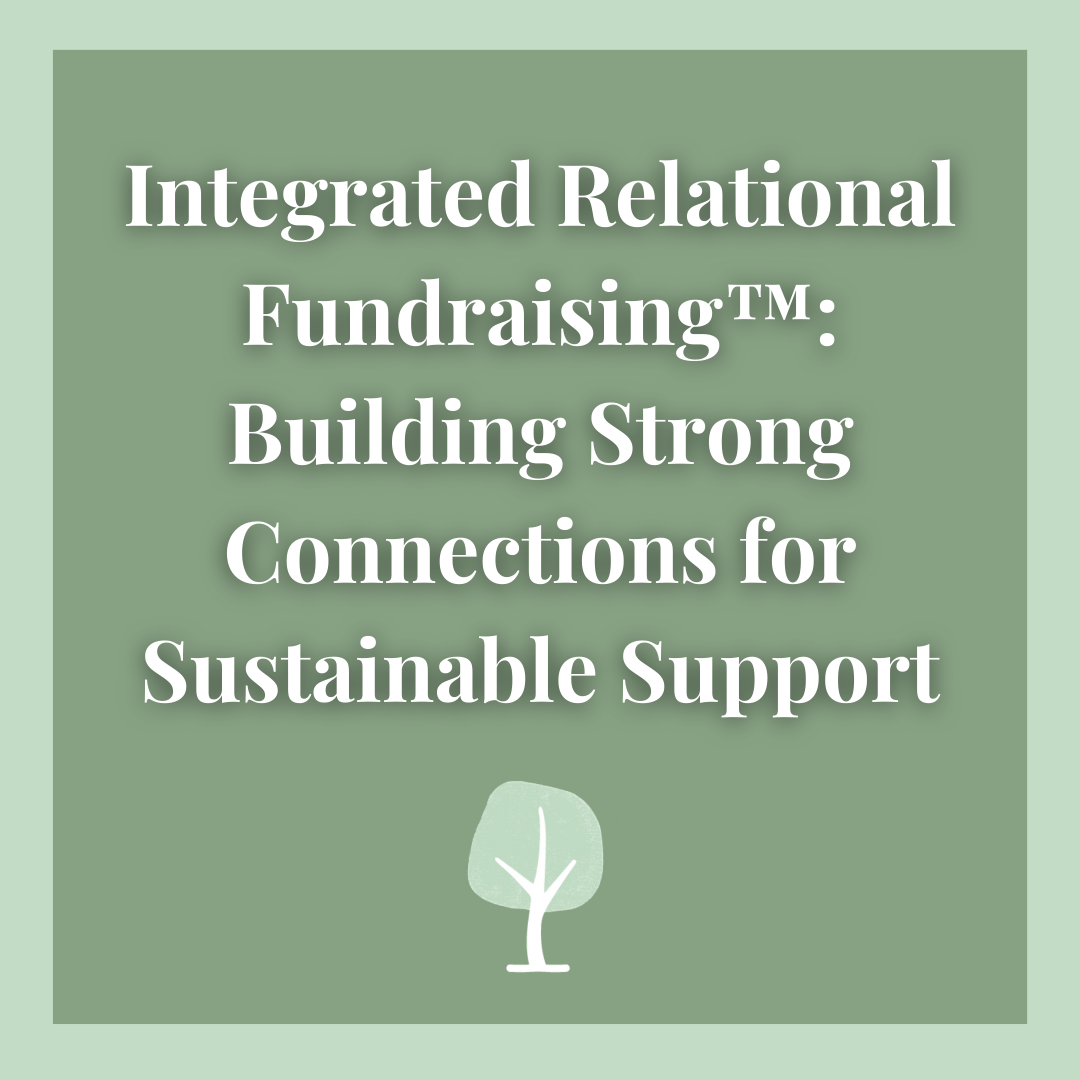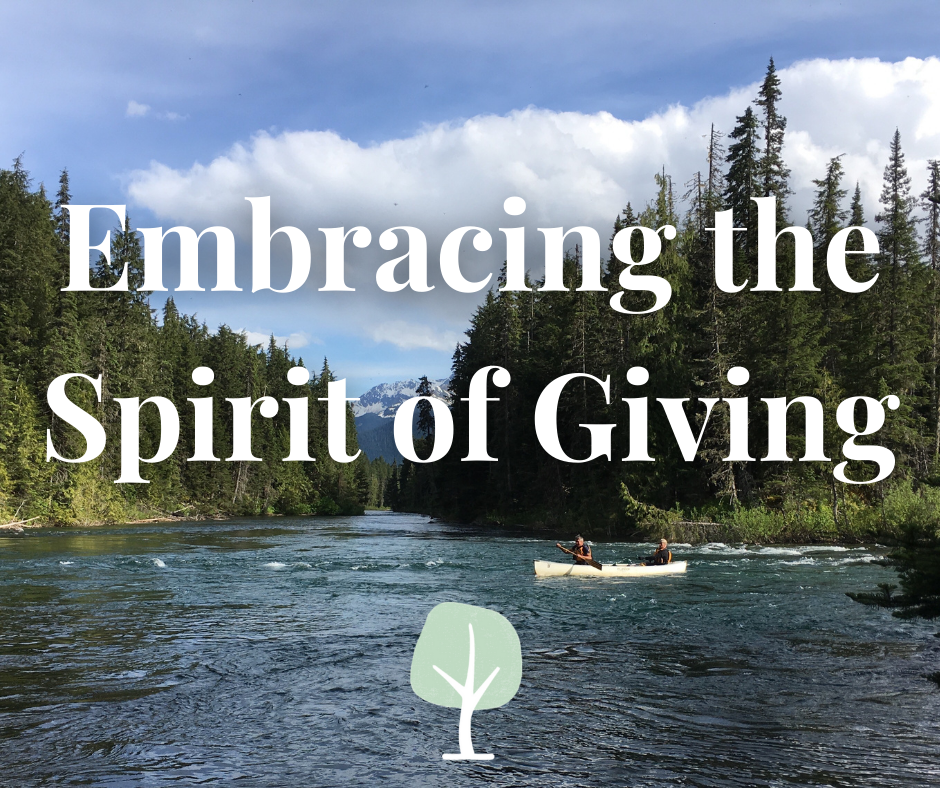Integrated Relational Fundraising™: Building Strong Connections
Enhancing Support Through Meaningful Connections with Integrated Relational Fundraising™
2 min read

What is Integrated Relational Fundraising ™?
Integrated Relational Fundraising ™ (IRF) is a fundraising approach that prioritizes building solid and long-term relationships with donors. IRF is based on the idea that fundraising is not just about asking for money but also about building connections with donors and engaging them in your organization's mission to make philanthropy a win-win-win. By doing so, IRF aims to create a sustainable fundraising model that can generate support and meaningful engagement from donors over time.
At its core, IRF is about building a relationship between the nonprofit and the donor. This philanthropic relationship is based on trust, transparency, and communication. It involves understanding the donor's values and interests and using that knowledge to engage them in meaningful ways and help them realize their philanthropic vision.
What are the Benefits?
One of the critical benefits of IRF is that it can lead to increased donor retention. By building strong relationships with donors, nonprofits can create a community of supporters who are invested in their mission and are more likely to give repeatedly over time. This can help nonprofits achieve their operational fundraising goals more efficiently and effectively.
Another benefit of IRF is that it can lead to increased donor engagement. By engaging donors in your organization's mission, you can create a sense of ownership and participation, leading to greater involvement in your events and activities. This, in turn, can lead to increased awareness and support for your organization.
How can I Implement it?
To implement an Integrated Relational Fundraising TM approach, nonprofits should focus on the following key strategies:
Overall, Integrated Relational Fundraising ™ is a powerful approach to fundraising that can lead to increased donor retention and engagement. By building authentic relationships with donors, nonprofits can create a sustainable fundraising model that generates support and loyalty over time.
Footnotes:

Enhancing Support Through Meaningful Connections with Integrated Relational Fundraising™

Embracing the Spirit of Giving

Amplifying Impact and Inspiring Change